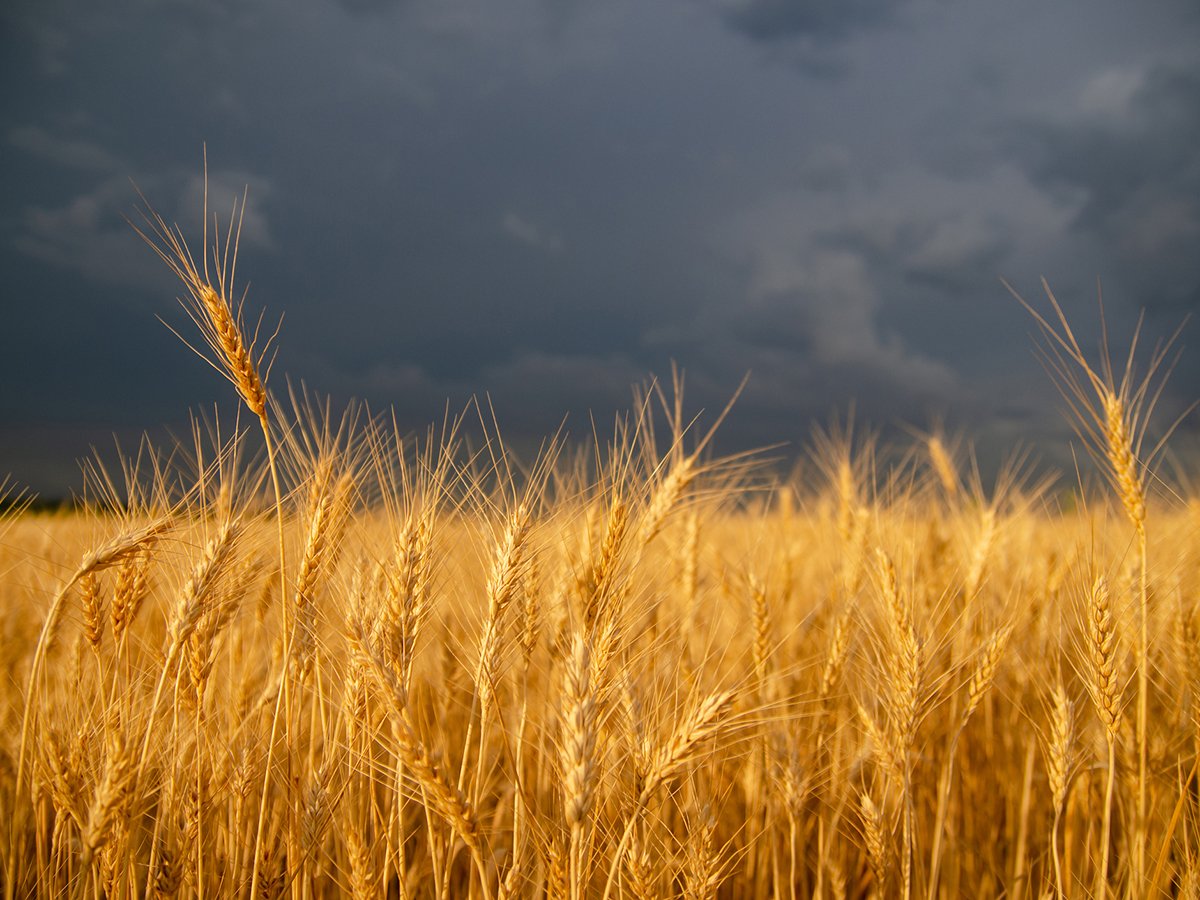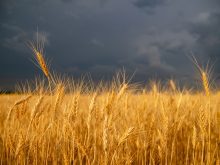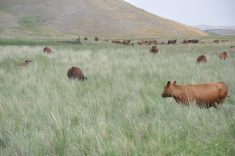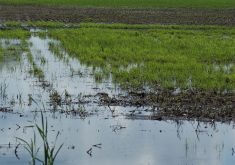Stan Rowe was a respected botanist, forestry researcher, professor of plant ecology at the University of Saskatchewan, wilderness advocate, conservationist, speaker, author, and one of Canada’s strong environmental thinkers.
He is also one of my heroes.
He had a simple, yet powerful vision of earth as our home place. He wrote in his 1990 book Home Place: Essays on Ecology that we are “inside a marvelous being, enveloped by the ecosphere. Not only are we in the Earth-envelope, we are parts of it, participants in it, born from it, sustained and reproduced by it.”
Read Also

Late season rainfall creates concern about Prairie crop quality
Praying for rain is being replaced with the hope that rain can stop for harvest. Rainfall in July and early August has been much greater than normal.
Rowe saw the problems of today’s world as symptoms of a lack of proper relationship with nature. To solve these problems, we need a greater understanding of ourselves as beings within the ecosystem that sustains and renews us. We need a greater sympathy for the land and water systems of which we are but one part.
Agriculture is obviously a crucial link between people and the world that sustains them. Rowe argued that agriculture is increasingly industrialized because that fits our priorities of exploitation. A more ecological agriculture would be less concerned with maximum production and more concerned with rebuilding soil. It would be based less on biocides and more on diversity, less on imported inputs and more on nutrient cycling; it would consider nature less as a machine and more as a living being.
Our science and technology cannot solve the problems of agriculture – drought, grasshoppers, trade barriers, erosion, toxic pollution, the cost-price squeeze, climate change – by tinkering around the edges. The tools are strong, but the core of the problem lies in the goals we set. We are filled with an unearned pride. We need to discover that Earth does not belong to us, but we belong to her.
A revolution is required, he wrote in Home Place:
“Because the habitability of the Earth depends on solar-powered processes and the resources they renew and replenish, we will have to tone down and eventually phase out the subsidized high-energy systems dependent on non-renewable unnatural resources such as those we have devised for industrial agriculture. Low-energy, low-throughput agriculture – one of whose manifestations is organic farming – must be the way of the future.”
We have a lot of work to do. Organic farming may be a path to the right relationship, but it is still a long walk. Organic farming remains vulnerable to the mainstream goals of high productivity for maximum profit. To find our way home, we need to focus on goals in tune with nature, nourishing biodiversity while reducing our ecological footprint, our fuel consumption and the distance products travel to market.
This work will require a different approach. Science will have an important role to play. What is needed is not the science of control, but the science of co-operation with nature. Rowe suggested we “imagine how a softer science, infused with affection for the world and its marvelous parts, could contribute to compassion for all things, both living and supportive of life.”
He concluded that “what the home place needs from us is more modest furnishings, less extravagance, more tender loving care…. It is time to come home.”
Rowe died this April. His message is so elegant and his writing so accessible that it will continue to inspire us to come home in our world.
Home Place: Essays on Ecology, Canadian Parks and Wilderness Society, Henderson Book Series No 12. NeWest Publishers Ltd., Edmonton.
Frick is the Prairie co-ordinator for the Organic Agriculture Centre of Canada located at the University of Saskatchewan. Frick can be reached at 306-966-4975, at brenda.frick@usask.ca or www.organicagcentre.ca.The opinions expressed in this column are not necessarily those of the Western Producer.
















